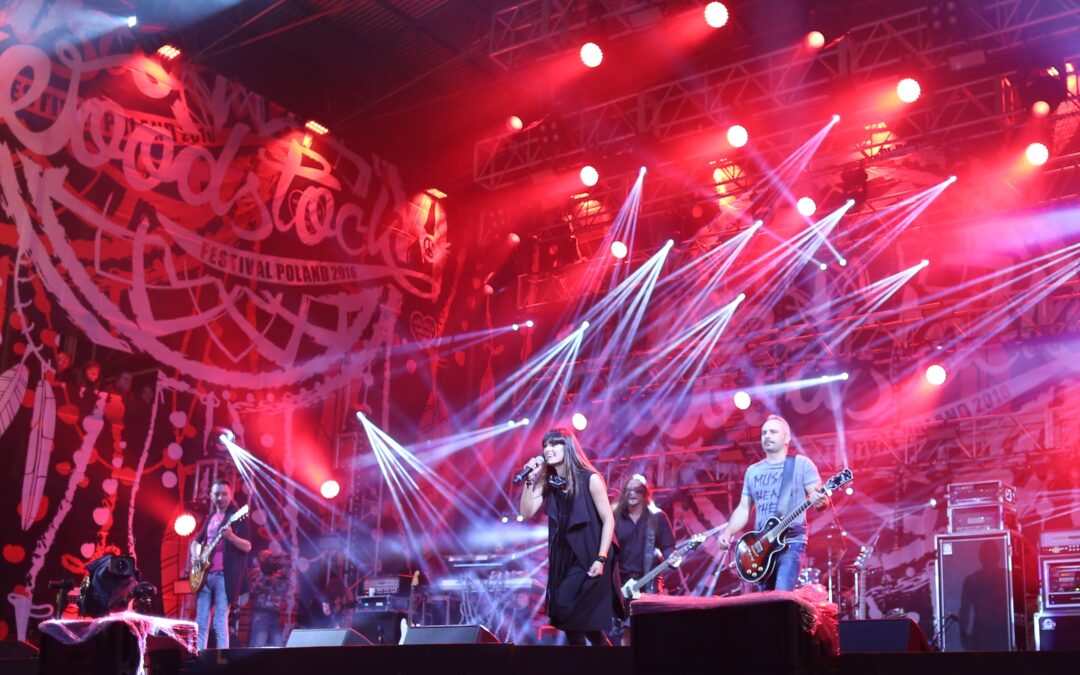Poland’s ruling party has proposed legislation requiring 80% of music played on radio stations during the day to be Polish. It says this will help support domestic musicians who have been seen concert revenues plummet during the pandemic.
Outlining the plans in parliament on Thursday, Marek Suski – a senior lawmaker from the national-conservative Law and Justice (PiS) party – said that the 80% requirement would apply between 5 a.m. and midnight.
Moreover, at least half of content at all times across the whole month would need to be Polish, up from the current threshold of 33%, reports the Polish Press Agency (PAP).
That would make it the highest such quota in Europe, above France’s 40%, which has been repeatedly cited by PiS as an example to follow. “In other countries, [quotas] do not prevent commercial stations from functioning,” said Suski. “I don’t see any reason why in Poland it would be a catastrophe.”
PiS MP and chair of the programming committee of Polish national radio Marek Suski wants radio stations to play Polish music for 80% of the time between 5am and midnight. This kind of thing didn't even work *before* Spotify was invented. https://t.co/Y1ZiiZjzU4
— Ben Stanley (@BDStanley) January 20, 2022
“We want to care for Polish culture, Polish music and Polish artists,” he added, noting that he was likely to submit the draft legislation on Thursday and was hopping for a “national consensus” on the matter. “It would be strange if there were opponents of our [Polish] music and allies of foreign music”.
Last year, the majority of Poland’s radio stations protested against similar plans to make them devote at least half of their airtime to content in the Polish language. They argued that the proposal would benefit foreign streaming services and in thereby disadvantage Poland’s domestic music industry rather than promote it.
Those proposals included a requirement for at least 60% of music between 5 a.m. and midnight to be Polish, meaning that the new figure of 80% is even more stringent.
The National Broadcasting Council (KRRiT), a state regulator, found that in 2019 the average share of airtime for Polish songs across all radio stations was 40.4%. Public broadcaster Polish Radio had a figure of 44.3% while leading private stations RMF FM and Radio ZET were both on 34.5%.
Suski yesterday also announced a “bonus for debutants” whereby airtime devoted to new songs or artists would be triple-counted towards the Polish music quota. “I think it will help and encourage new songs or new performers to enter the market,” said Suski.
The idea of introducing a stricter radio quota to benefit the domestic music industry was proposed in October 2020 by Paweł Kukiz, a musician-turned-politician whose parliamentary group last year signed an agreement with PiS to support its legislative agenda.
In presenting the proposal yesterday, Suski claimed that Kukiz was on board. Yet Kukiz later took to Facebook to deny the claims. “Today I would not vote for such a bill…so I do not understand where Marek Suski’s words about my alleged support came from,” he wrote.
But Suski’s proposal received the support of Wojciech Konikiewicz, former chairman of the Trade Union of Musicians (ZZMRP) of Poland. “I think that all artists, musicians and composers will welcome this type of option,” he said.
“Global producers who came here in the 1990s turned the Polish market upside down,” he added. This has left Polish “artists jostling to snatch a shrinking piece of the pie”.
The government has suspended a fund compensating the culture sector for losses during the pandemic after large sums were awarded to high-earning star performers
The culture minister promises an "urgent" review of decisions, which were made by an algorithm https://t.co/ultsap1u1O
— Notes from Poland 🇵🇱 (@notesfrompoland) November 16, 2020
Main image credit: Ralf Lotys/Wikimedia Commons (under CC BY 4.0)

Maria Wilczek is deputy editor of Notes from Poland. She is a regular writer for The Times, The Economist and Al Jazeera English, and has also featured in Foreign Policy, Politico Europe, The Spectator and Gazeta Wyborcza.




















